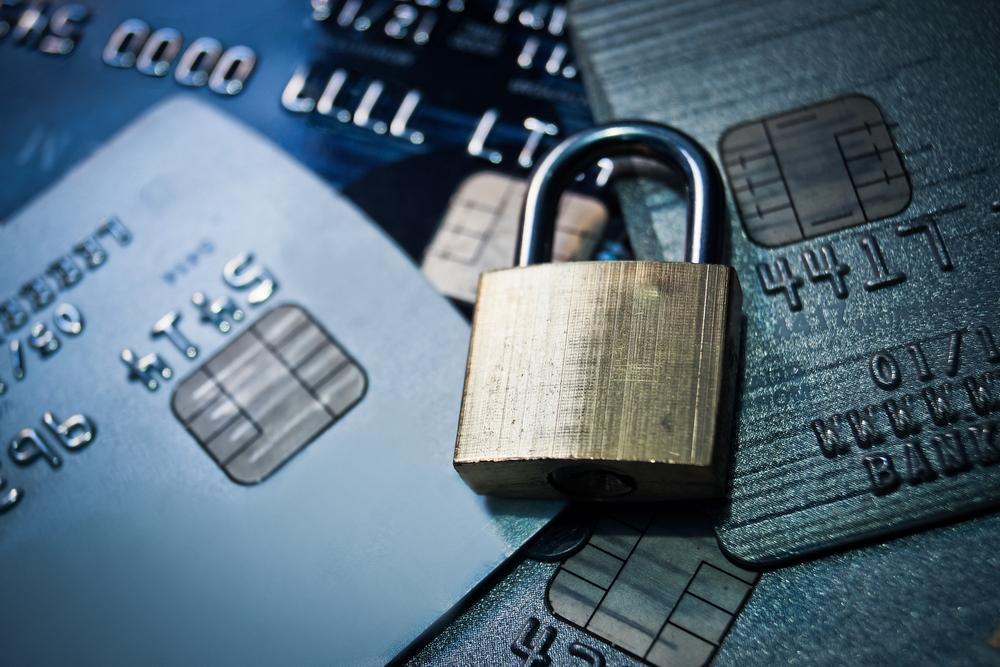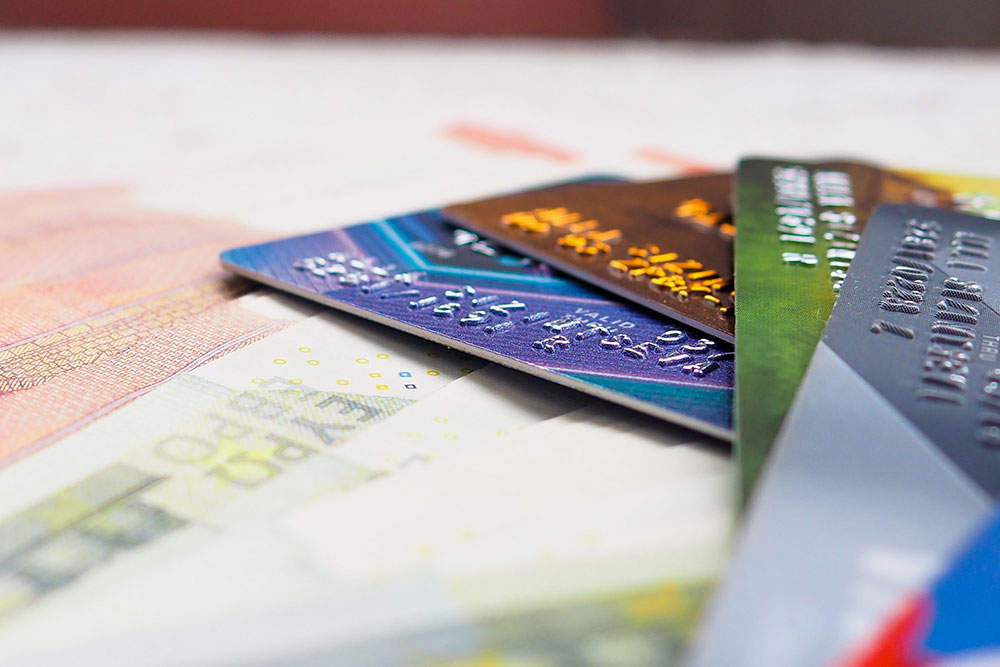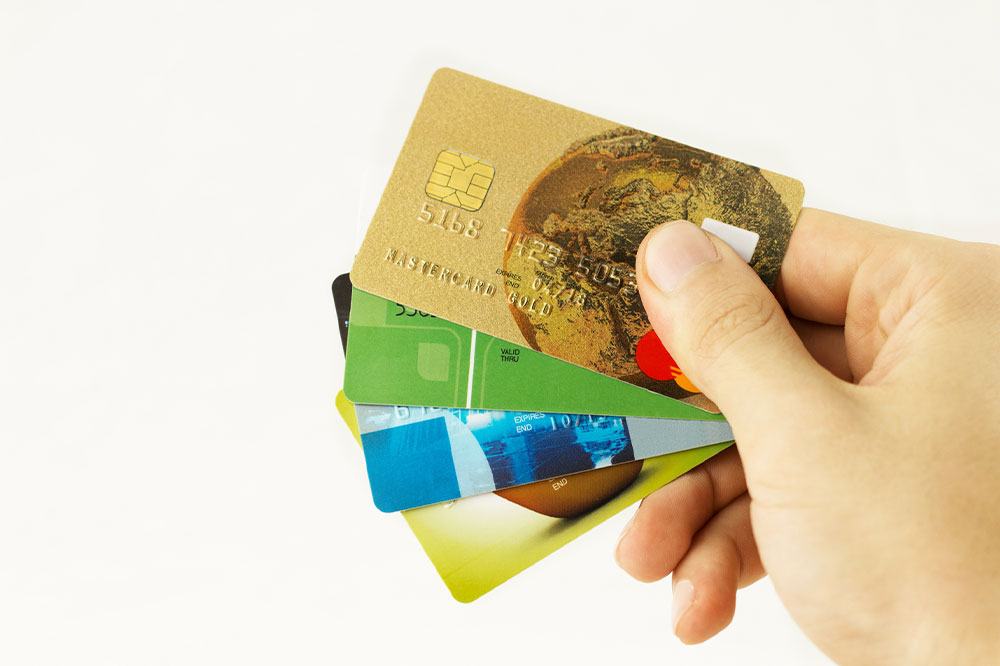Essential Tips for Selecting a Secured Credit Card
Learn essential tips for choosing the right secured credit card to build or rebuild your credit profile. This guide covers key features, fee considerations, deposit requirements, and best practices for responsible usage, helping you maximize your credit-building journey efficiently.

Essential Tips for Selecting a Secured Credit Card
Having a credit card is crucial for building or repairing your credit score in today's financial environment. Traditional lenders often scrutinize credit history, making it difficult for those with limited or poor credit to get approved. A secured credit card offers a practical solution to establish or boost your credit profile. Before applying, understand the card's features, costs, and best practices to leverage it effectively for credit enhancement.
Related Reading: Comprehensive Guide to Credit Card Fraud
What exactly is a secured credit card?
A secured credit card requires you to place a cash deposit, serving as collateral. The deposit size typically defines your available credit limit, which functions much like a standard credit card. Some lenders allow additional deposits to increase your limit.
Expected fees to watch for
Avoid secured cards that charge application fees. These cards usually have an annual fee, which varies depending on the provider.
Deposit amount requirements
Minimum deposits can range from $300 to $500, depending on the card. Your credit limit generally equals or is a percentage of your deposit amount.
Key considerations before choosing a card
While many secured cards offer low fees and friendly service, some might take advantage of credit-impaired users. Carefully review terms, focusing on interest rates, deposit amounts, and additional charges.
Reporting to credit bureaus
Card issuers typically report your activity to major credit bureaus to help build your credit score. However, some issuers may flag your secured account, which could impact your credit rebuilding process.
Transition timeline to an unsecured card
After consistent, timely payments over roughly a year, many issuers will consider upgrading your secured card to an unsecured one.
Interest and deposit considerations
Most providers do not pay interest on your security deposit, though some might offer rewards based on your spending. Also, inquire how long your deposit is held after closing the account.
Strategies to maximize your secured card for credit growth
Use your secured card for small purchases and pay in full each month. Responsible use helps build a positive credit history. Once your credit improves, consider closing the card if it no longer serves your financial goals.
To optimize your credit-building efforts, stay disciplined with spending and make payments on time.
Stay updated with the latest credit card news Credit Card News. Follow us on Facebook and Twitter for tips and updates on financial growth.


